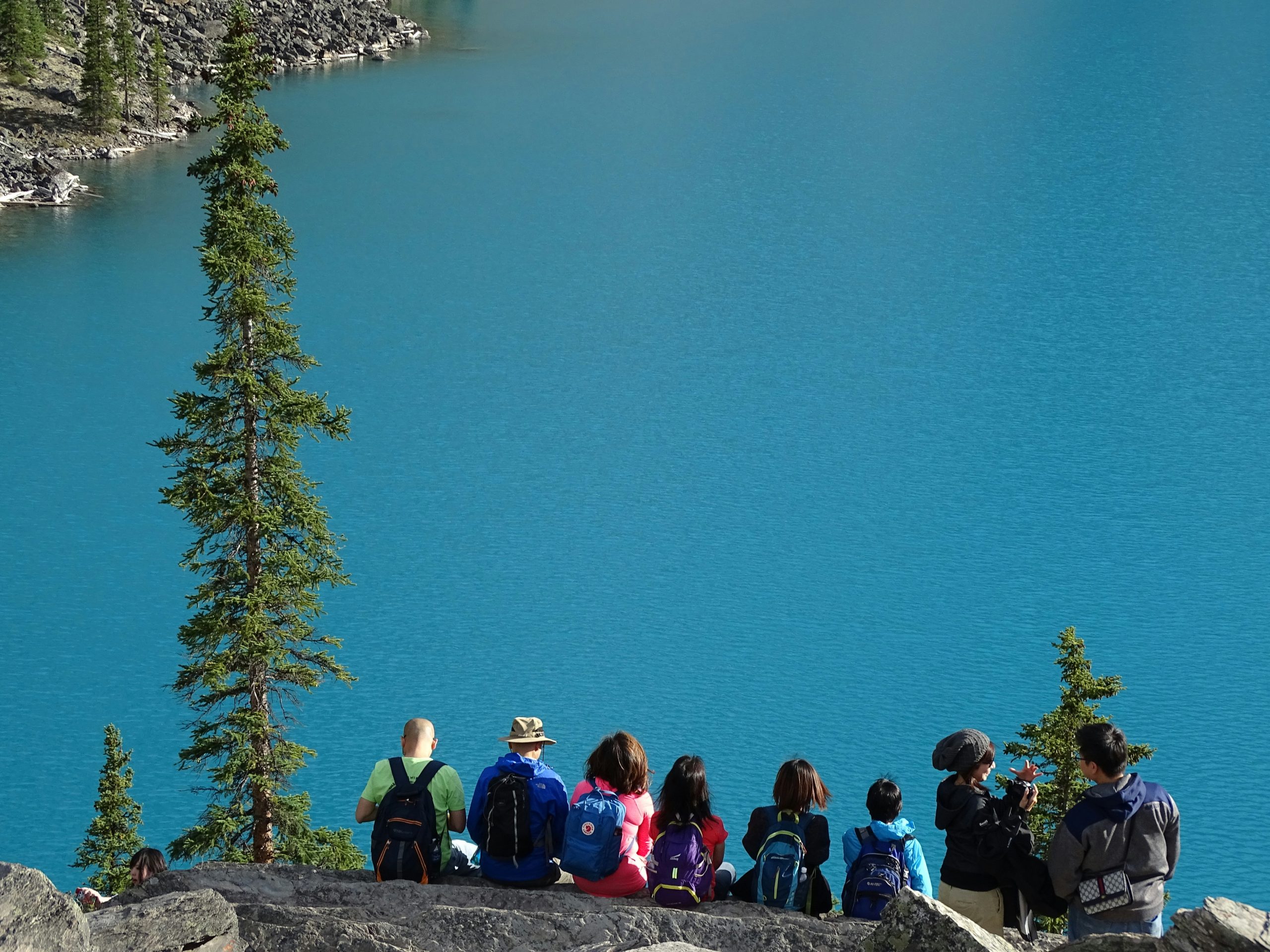Where is Tourism Leading? Tourist Trends for 2025
With only a few days left to close the year, I take this opportunity to reflect on the trends in key sectors with a global economic impact, such as tourism. In this article, I invite you to analyze the aspects that will endure and the trends that will define tourism in 2025. In Europe, according to data provided by Zurab Pololikashvili, Secretary-General of UN Tourism, regions like Europe, Africa, and the Middle East experienced significant growth, reaching remarkable figures after the pandemic. This trend will continue, and in Latin America and the Caribbean, although at a slower pace, a recovery is also being recorded. In the case of the Caribbean, growth is expected to rise due to the increased demand for cruises. In fact, as cited by the UN, 2024 was a positive year for the tourism industry, with a total of 1.1 billion tourists traveling to international destinations, representing a 98% recovery to pre-pandemic levels. These data are crucial for analyzing trends because, as I have pointed out in other articles, travelers' habits and consumer decisions are shaped by emerging factors. A few months ago, we discussed sustainable tourism and saw how this factor has become essential when choosing a destination.
Trends in Sustainable Tourism Investments 2024
Sustainability has evolved becoming a strategic key in tourism. In 2024, investments in sustainable tourism are focused on promoting low-impact environmental experiences that generate value for local communities. As an observer of this sector, it’s exciting to see how these investments not only address current demands but also envision a tourism model that balances economic growth with environmental respect. The demand for authentic and wellness-focused experiences is becoming increasingly relevant. Investors are betting on wellness retreats, nature-based activities, and cultural experiences. This approach not only enriches tourism but also enables a deeper connection with each destination’s identity, offering something unique and environmentally respectful. The shift toward renewable energy in tourism infrastructure is booming, promoting destinations that minimize their carbon footprint. This commitment to sustainability is key, positioning the industry as a leader compared to others. By reducing resource consumption, destinations become more attractive and aligned with the values of today’s travelers. These implementations not only benefit the environment, but also support the local economy throughout the year. It is certainly an example of how companies can adapt to reduce their impact without losing profitability.
Success Stories in Sustainable Tourism: Best Practices That Transform Destinations
Today, sustainability has become a fundamental pillar across all industries, and the tourism sector is no exception. This sector is seizing the opportunity to adapt to new trends and consumer demands, as well as to the objectives set out in the 2030 Agenda and the Sustainable Development Goals (SDGs), promoting a green economy. Within this green economy framework, sustainable tourism emerges as a key strategy that goes beyond the environmentally conscious traveler. It is a model where the destination, acting as the host, aims to meet the needs of visitors and industries while preserving natural and cultural resources without compromising future generations. The United Nations (UN) outlines three core principles for sustainable tourism: Make optimal use of environmental resources. Respect the sociocultural authenticity of communities, including architecture and traditions, among others. Ensure long-term economic activities that help reduce poverty. In recent years, sustainable tourism has experienced significant growth. According to Statista, the ecotourism market, an integral part of sustainable tourism, reached over $196 billion in 2023. A report by Booking also revealed that 76% of travelers are interested in traveling more sustainably, showing a trend toward more conscious travel. In fact, the same report highlighted that 43% of travelers are willing to pay
Second Semester Reflection: Emerging Trends in the Tourism Sector
As we begin the second half of the year, it is essential to stop and review on the emerging market trends. This pause will allow us to make informed decisions and, if necessary, adjust our objectives to ensure optimal results in our businesses. It is the right time to evaluate which aspects of the sector remain relevant and which require modifications to adapt to the new market realities. If, like me, you are passionate about the tourism sector, I invite you to join me in this analysis of the evolution of tourism for the remainder of the year. Unique Experiences A few weeks ago, we discussed wellness tourism and how this category has gained relevance as current travelers seek to improve their quality of life. This trend is closely linked to luxury tourism. According to Hosteltur, this type of tourism continues to resonate as travelers prioritize a lifestyle that promotes both external and internal well-being. This implies that destinations will be valued for the activities they offer, such as spiritual, gastronomic, and physical experiences. The demand for exclusive and transformative experiences continues to grow, and it is an opportunity we should not miss. Sustainable Tourism Environmental awareness is increasingly present in society, and travelers are
How Wellness Tourism Contributes to Sustainability
In today's economic environment, tourism stands out for its significant contribution to the global economy. However, it is crucial to examine the different types of tourism, especially those arising from new habits and adaptations of contemporary travelers. Among these, wellness tourism and sustainability emerge as fundamental pillars, integrating into all sectors, including tourism. On this occasion, I want to highlight how wellness tourism can drive sustainability. To begin, it is essential to understand what wellness tourism entails. This type of tourism gains importance as travelers seek experiences that enhance their quality of life, whether in emotional or health terms. This sector has seen notable growth, becoming an emerging trend that has significantly influenced the post-pandemic economy. According to "The Global Wellness Economy: Country Rankings" report published in January 2024 by the Global Wellness Institute, countries showing particularly strong post-pandemic recovery include Israel, the United Arab Emirates, Croatia, Romania, and the Czech Republic, all of which have large and growing wellness tourism sectors. The report also highlights that the wellness economy is projected to grow at a solid rate of 8.6% annually over the coming years, reaching nearly $8.5 trillion by 2027. This underscores that wellness tourism is not only beneficial for travelers
Sustainable Tourism in 2024: An Opportunity for Innovation and Attraction
Sustainable tourism is a growing trend in today's world, and this year is shaping up to be a period full of innovations and conscious experiences for travelers who wish to enrich themselves while respecting the environment they explore. Below, I present two key trends in conscious tourism that could inspire your next trip. Opting for the use of platforms for sustainable travel: One of the most prominent ways in which travelers can embrace sustainable tourism is through the use of specialized platforms. Faced with the increasing demand for accommodation alternatives beyond traditional hotels, Ecobnb emerges as a solution for conscious travelers who want to minimize their environmental footprint during their stay. This platform offers a wide range of sustainable accommodation options, from charming cabins in natural settings to modern eco-friendly houses. With an intuitive interface similar to Airbnb's, Ecobnb allows users to easily select their desired destination, dates, and number of people to consider. In addition to facilitating booking, the platform actively promotes the reduction of CO2 emissions and water savings, turning each experience into a positive act for the planet. One step further: regenerative tourism: On the other hand, there is regenerative tourism that goes beyond traditional sustainability, seeking not only to minimize






